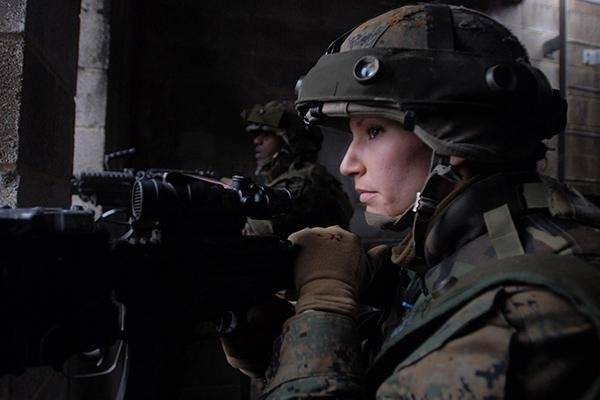This concept looks like something our own military can use.
IDF Program Helps Prevent PTSD with Treatment on the Battlefield
By Ahuva Balofsky September 16, 2014 , 10:17 am

An injured Israeli soldier is evacuated by helicopter from near the Israeli border with Gaza Strip on July 28, 2014. (Photo: Yonatan Sindel/Flash90)
A new program developed by the Israel Defense Force’s medical corps and first implemented during Operation Protective Edge aims at preventing post-traumatic stress disorder by treating soldiers right on the battlefield.
The program, known as Magen or Shield in English, was developed by the corps’ Mental Health Department. It offers all combat soldiers special training to recognize and respond to symptoms of acute trauma in their comrades.
The aim of the program is to reduce the overall number of soldiers who suffer from PTSD, as well as increase the sense of competence felt by troops. This represents a significant conceptual change in the approach to treating PTSD.
Until now, shell-shocked soldiers were evacuated alongside other wounded soldiers, but by offering immediate treatment in the field, the IDF is able to prevent potential cases of PTSD.
Continue reading at:
IDF Helps Prevent PTSD with Battlefield Treatment - Israel News
IDF Program Helps Prevent PTSD with Treatment on the Battlefield
By Ahuva Balofsky September 16, 2014 , 10:17 am

An injured Israeli soldier is evacuated by helicopter from near the Israeli border with Gaza Strip on July 28, 2014. (Photo: Yonatan Sindel/Flash90)
A new program developed by the Israel Defense Force’s medical corps and first implemented during Operation Protective Edge aims at preventing post-traumatic stress disorder by treating soldiers right on the battlefield.
The program, known as Magen or Shield in English, was developed by the corps’ Mental Health Department. It offers all combat soldiers special training to recognize and respond to symptoms of acute trauma in their comrades.
The aim of the program is to reduce the overall number of soldiers who suffer from PTSD, as well as increase the sense of competence felt by troops. This represents a significant conceptual change in the approach to treating PTSD.
Until now, shell-shocked soldiers were evacuated alongside other wounded soldiers, but by offering immediate treatment in the field, the IDF is able to prevent potential cases of PTSD.
Continue reading at:
IDF Helps Prevent PTSD with Battlefield Treatment - Israel News






